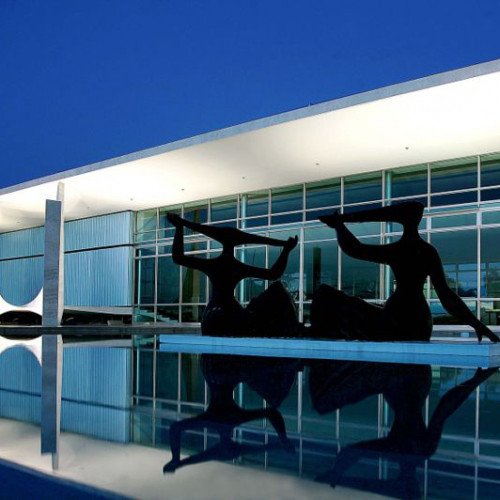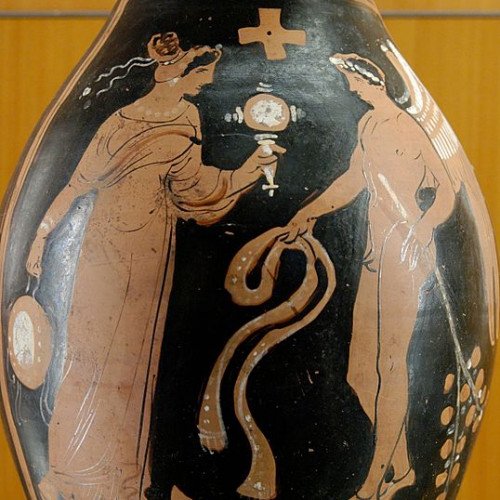Iara (mythology) VS Daemon (classical mythology)

Iara (mythology)
Iara, also spelled Uiara or Yara (Portuguese pronunciation: [iˈjaɾɐ], [iˈaɾɐ], [ˈjaɾɐ], [wiˈjaɾɐ], [ujˈjaɾɐ]) or Mãe das Águas ([ˈmɐ̃j dɐˈz aɣwɐs], "mother of the waters"), is a figure from Brazilian mythology based on ancient Tupi and Guaraní mythology. The word derives from Old Tupi yîara = y ("water") + îara ("lord; lady") = "lady of the lake" (water queen). Depending on the oral tradition and the context of the story, she can be seen either as a water nymph, a siren, or a beautiful mermaid that lives in the rivers of the Amazon Basin.
Statistics for this Xoptio

Daemon (classical mythology)
Daemon is the Latin word for the Ancient Greek daimon (δαίμων: "god", "godlike", "power", "fate"), which originally referred to a lesser deity or guiding spirit such as the daemons of ancient Greek religion and mythology and of later Hellenistic religion and philosophy. The word is derived from Proto-Indo-European *daimon "provider, divider (of fortunes or destinies)," from the root *da- "to divide". Daimons were possibly seen as the souls of men of the golden age acting as tutelary deities, according to entry δαίμων at Liddell & Scott.